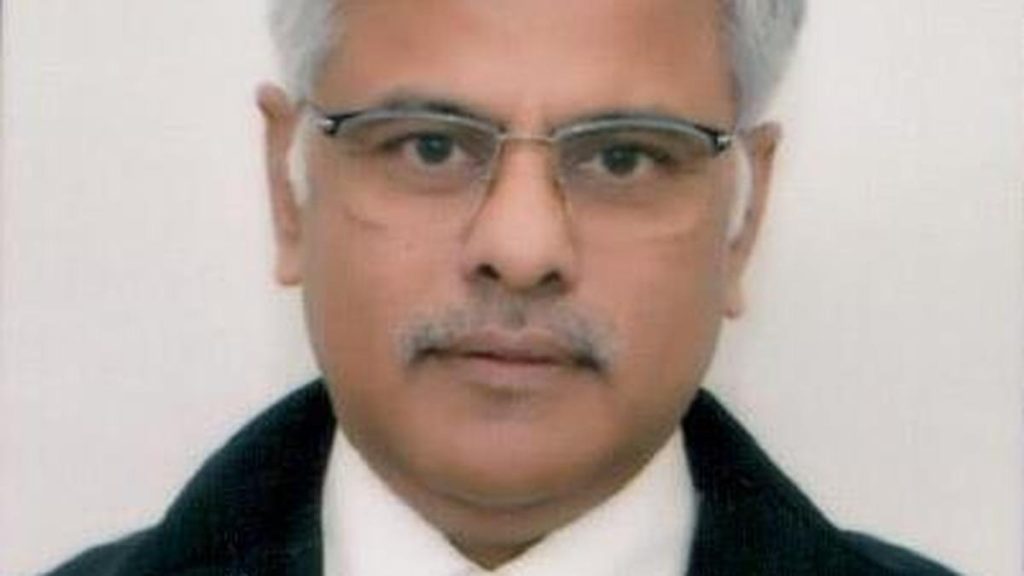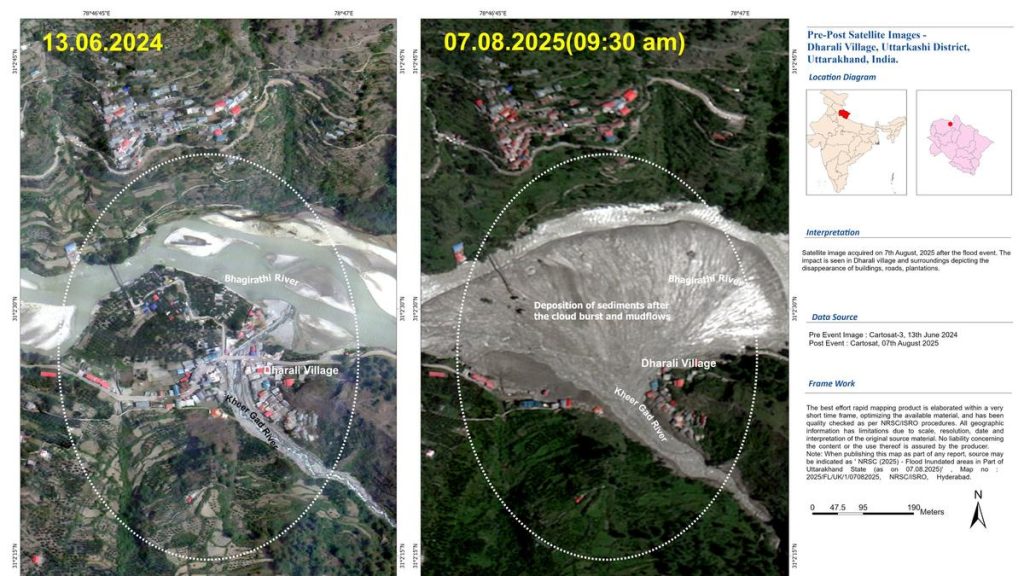Now Reading: Bihar Migrant Workers Face Tough Crossroads
-
01
Bihar Migrant Workers Face Tough Crossroads
Bihar Migrant Workers Face Tough Crossroads
Quick Summary
- Bihar’s Special intensive Revision (SIR) of electoral rolls by the Election Commission of India (ECI) has excluded many names, particularly migrant laborers, from the draft electoral roll under the category “permanently shifted/not found.”
- As per the Representation of People (RP) Act,1950,a voter must be “ordinarily resident” in a constituency for thier name to be included in its roll.
- section 19 ensures voters have real ties with a constituency to uphold accountability and prevent fraudulent registrations; Section 20 specifies conditions for ordinary residency.
- Migrant laborers frequently enough struggle to meet these criteria due to their temporary or fluctuating residence patterns linked to work-related mobility.
- India’s migrant population due to employment reasons constitutes around 15 crore people (~11% of the population as per the Periodic Labour Force Survey 2020-21). Most retain voting rights in their native constituencies but face challenges exercising them.
- Regional political concerns arise over migrants being added to rolls in their place of work, citing potential lack of understanding about local political issues and risks for democratic integrity.
- The ECI had piloted Remote Voting Machines capable of handling up to 72 constituencies but halted demonstrations following administrative concerns and opposition by political parties.
Indian Opinion Analysis
The ongoing Bihar SIR reflects deeper systemic challenges concerning electoral inclusivity for India’s substantial migrant labor force. Although legal frameworks aim at balancing integrity with accountability-through provisions like “ordinary residence”-implementation struggles with practical realities faced by migrant populations. Workers frequently move between states or regions without permanent ties sufficient for establishing voting rights at new locations.
Exclusion from electoral processes raises questions on democratic participation equity. While some solutions such as remote voting machines were explored, opposition and logistical hurdles stalled progress. There remains an urgent need for both technological innovation and legislative adaptation-such as amendments accommodating flexible voting arrangements across states-to ensure broader enfranchisement without compromising procedural safeguards.
Lastly, inter-state coordination on transportation services during elections or incentivizing additional paid leave could offer interim relief enabling migrants who wish to exercise their franchise in native areas. This issue underscores how balancing legality along with practical measures is vital toward fostering inclusive democracy while accounting for India’s socio-economic diversity.
Read more: Click Here
























